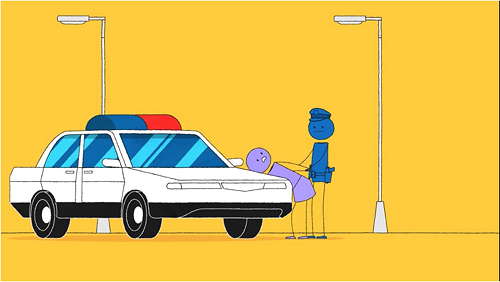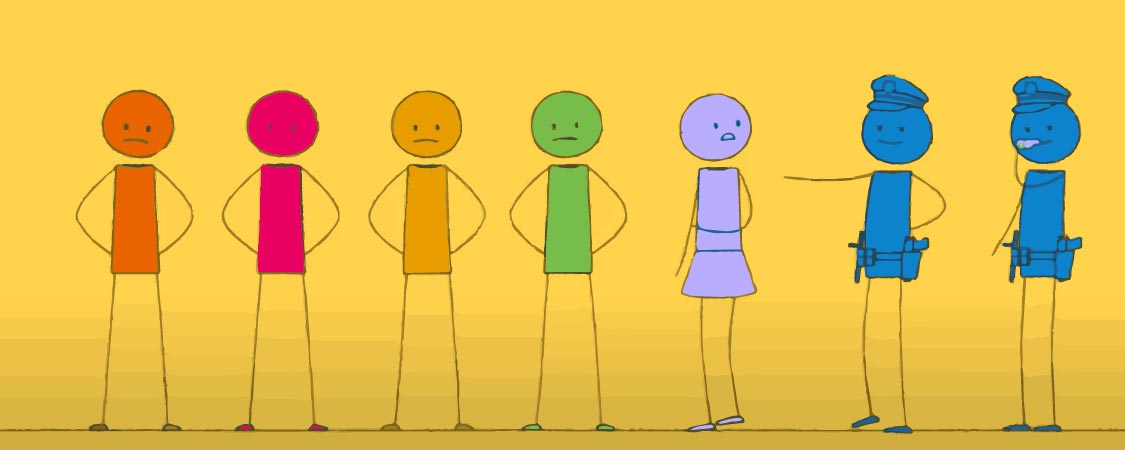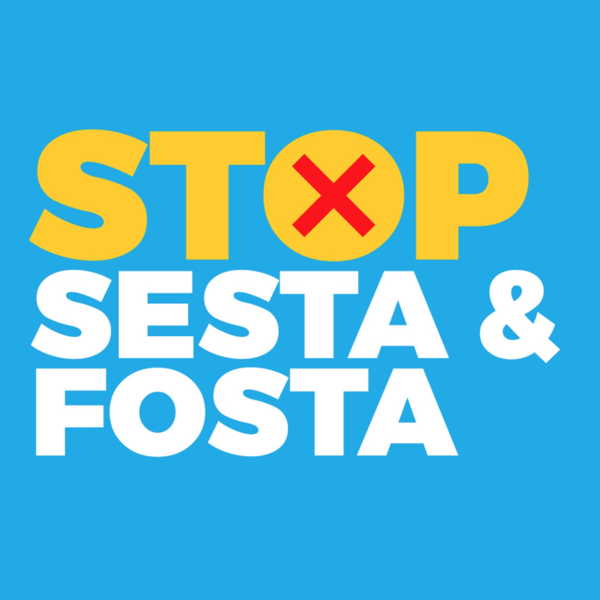January 1, 2023
SB 357, otherwise known as the Safer Streets for All Act, has officially gone into effect in California. The bill repealed California Penal Code § 653.22, which criminalized the act of loitering with “intent to commit prostitution.”
Archaic anti-sex work loitering laws are common around the United States.
What is Loitering for the Purpose of Prostitution?
Loitering for the purpose of prostitution (LPP) laws exist in multiple states across the U.S. They make wandering, remaining, or spending time in a public space with the “intent to promote or commit prostitution” a crime. Behavior indicative of this “intent” can include beckoning or attempting to speak to passing pedestrians and motorists, but a 2019 study conducted through the Los Angeles County Public Defender’s office found that under California’s LPP law, other causes for arrest typically included an individual’s presence in an area known for sex work, their clothing, possession of a cell phone, possession of cash, or reacting to the presence of police.
These types of laws are discriminatory by nature, as they encourage law enforcement to profile and arrest individuals based on their race, gender, and/or stereotypes of what a sex worker looks like. By criminalizing intent, rather than action, LPP laws allow police to enforce violations at their own biased discretion, which threatens equal prosecution under the law.
Who do LPP laws affect?
Unsurprisingly, LPP laws are used to target marginalized groups, especially transgender women of color. The Sylvia Rivera Law Project, based in New York City, found that 80% of their clients who identified as transgender women of color had experienced police harassment or false arrest based on suspicion of prostitution.
According to the ACLU, black adults made up over 50% of individuals arrested in Los Angeles under California’s LPP law, despite only representing 8.95% of the city’s population.
Senator Scott Wiener, author of SB 357, denounced California’s LPP law in a Tweet last year, stating the following:
“An officer can arrest someone based on how they look. Arrests target trans women/women of color.”
Roxanne, a transgender San Jose attorney who goes only by her first name, lived this experience herself. In July 2019, she was out for a walk in her neighborhood when law enforcement approached and arrested her without explanation.
They processed her at Santa Clara County jail, where officers denied her request to be held with other transgender women and instead booked her as a man. It wasn’t until the next morning, after being held in a filthy cell and ridiculed by jail staff all night, that she learned what her charges were: Loitering with intent to commit prostitution.
Roxanne has stated that she’s used to being harassed by police. In an interview with Mercury News, she said:
“The jailing was new, but the harassment is routine. A lot of our community faces the same thing, and we need to stand together and stop this. You shouldn’t be harassed just on your appearance.”
What does SB 357 mean for California?
SB 357 is a huge victory against discrimination in California and comes as the latest in a series of victories for sex worker rights.
In 2013, California changed its victim compensation laws, which previously excluded sex workers. Now, sex workers who are sexually or physically assaulted have the right to receive money from a victim compensation fund.
In 2016, the state passed SB 1322, which barred law enforcement from arresting minors for sex work-related offenses.
In 2019, SB 233 repealed the practice of using condoms as evidence of prostitution and gave individuals the power to report a crime without being prosecuted for sex work or drug use.
Together, these laws have been monumental in the movement to prioritize the health and safety of sex workers across California.
Laws like these pave the way for the eventual decriminalization of consensual adult sex work.

SB 357 officially goes into effect, repealing “Loitering for the Purpose of Prostitution” laws in California.
DSW Newsletter #44 (January 2023)
DSW Attends Adult Video News Awards in Las Vegas

California Repeals Anti-Prostitution Loitering Law

United States Appeals Court Hears Arguments Against SESTA/FOSTA

DSW and Allies Celebrate START Act Anniversary

